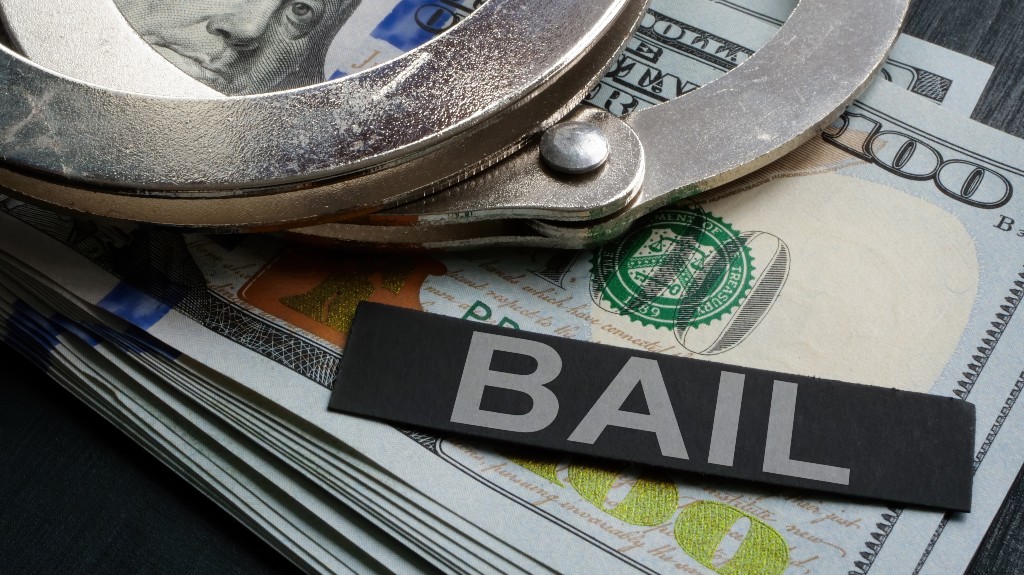Understanding Your Rights: Cash Bail In Wisconsin
Bail is a critical aspect of the criminal justice system, ensuring that individuals accused of crimes can secure their release from custody while awaiting trial. However, the issue of excessive cash bail is a significant concern, especially when it’s used in a way that violates constitutional protections. In Wisconsin, the laws surrounding cash bail are governed by both the United States Constitution and specific state statutes, which provide guidelines to ensure that bail is fair and just.
Constitutional Protections Against Excessive Bail
The Eighth Amendment to the United States Constitution explicitly prohibits excessive bail. This means that bail must not be set at an amount higher than necessary to ensure that the defendant will appear for their court proceedings. Similarly, Article I, Section 6 of the Wisconsin Constitution echoes this protection, emphasizing that excessive bail is not permissible.
Factors Considered in Setting Bail
When determining bail, Wisconsin courts are guided by several factors designed to assess the risk of flight and the seriousness of the offense. These include:
- Nature of the Offense: The severity of the crime plays a significant role in determining bail. More serious charges may result in higher bail amounts, but this must still be reasonable in light of the circumstances.
- Defendant’s Criminal History: A defendant with a lengthy criminal record may face higher bail as a deterrent to fleeing before trial.
- Risk of Flight: If a defendant is deemed a flight risk—meaning they are likely to avoid future court appearances—bail may be set higher. However, even this consideration must be balanced with the constitutional prohibition against excessive bail.
Case Law Highlighting Excessive Bail
Several key cases in Wisconsin illustrate the application of these principles:
- State ex rel. Abozeid v. Circuit Court for Dane County: In this case, the court determined that bail set higher than necessary to ensure the defendant’s appearance at trial is considered excessive under the Eighth Amendment. The court ordered the petitioner’s release on a writ of habeas corpus due to the excessive bail set in their case, emphasizing that the bail amount was not justified given the defendant’s circumstances.
- State v. Wiegert: Here, the appellate court affirmed the setting of cash bail, noting that the defendant was a flight risk. However, the court also emphasized that bail must not be excessive, suggesting that courts must carefully balance the need to secure the defendant’s appearance with the constitutional rights afforded to them.
- State v. Metzner: This case discussed the Eighth Amendment’s prohibition of excessive bail, underscoring that any bail set must be within statutory limits and not be used as a means of punishment prior to a conviction.
Statutory Guidelines for Bail in Wisconsin
Wisconsin statutes provide additional guidance for setting bail, ensuring that it is not excessive and is only as high as necessary to secure the defendant’s appearance in court. For example:
- Wis. Stat. § 969.01: This statute outlines the considerations for setting bail, emphasizing that bail should be set at an amount necessary to ensure the defendant’s appearance in court and must consider the defendant’s ability to pay, the nature of the offense, and other relevant factors.
- Wis. Stat. § 969.03: This statute applies to felony charges and specifies conditions under which bail may be required, ensuring that any cash deposit or bond is reasonable and not punitive.
Conclusion: Ensuring Fair Treatment in the Bail Process
The purpose of bail is to ensure that a defendant appears in court while respecting their constitutional rights. When bail is set excessively, it not only violates the Eighth Amendment but can also impose undue hardship on defendants, particularly those who may already be facing financial difficulties.
If you or someone you know is dealing with excessive bail in Wisconsin, it’s crucial to seek legal counsel. A knowledgeable attorney can help challenge excessive bail, ensuring that your rights are protected and that bail is set fairly, in accordance with the law.
Contact Melms Law today at 715-525-9839 or visit www.melmslaw.com for expert legal guidance on matters related to bail and criminal defense.
This blog post is for informational purposes only and should not be considered legal advice. If you have been charged with a crime or are facing legal issues related to bail, please seek the assistance of an attorney. Past results do not guarantee future outcomes.



